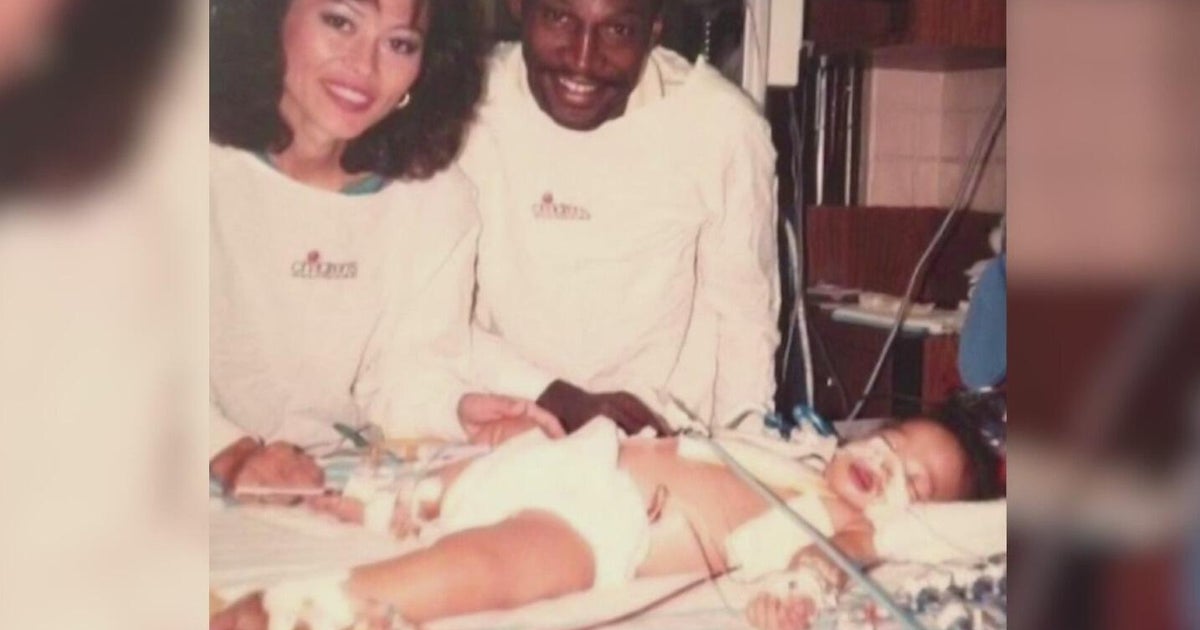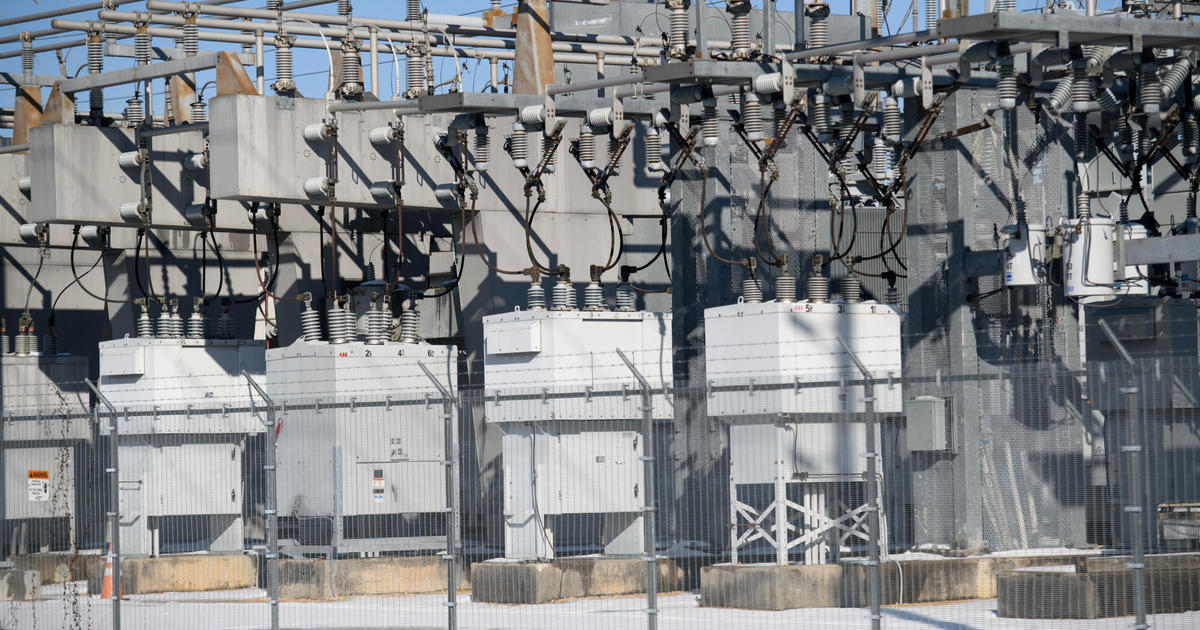Energy Drinks Cause Heart Problems, Changes In As Little As 3 Hours, Study Finds
PHILADELPHIA (CBS) -- There's more proof that popular energy drinks can cause heart problems. Energy drinks are popular, especially with teens and young adults.
They've been linked to a significant increase in emergency room visits. Now, a new study looked at two different brands of caffeinated energy drinks and both produced the same results.
It's estimated about 30% of teens have energy drinks on a regular basis. The small study shows that even in a short period, the drinks can increase the risk of changes to heart function and blood pressure.
4,400 Steps A Day Tied To Women Living Longer, Study Suggests
"The result of what we found was it can abnormally impact the heart rhythm. The other finding that we saw is that energy drinks can raise your blood pressure by about four to five points in your systolic and diastolic blood pressure," Dr. Sachin Shah, author of the study for the University of the Pacific, said.
The research had 34 healthy volunteers drink either 32 ounces of caffeinated energy drinks a day or a placebo. Then, researchers measured the heart's electrical activity and blood pressure.
They saw effects in just three to four hours, suggesting some people should be cautious when consuming energy drinks.
"Particularly those that have a genetic heart condition that predisposes them to abnormal heart rhythms and those with hypertension or high blood pressure should definitely be cautious," Shah said.
Most energy drinks contain large amounts of caffeine, added sugars, B vitamins and legal stimulants, such as guarana.
Thousands Of Kindergartners Unvaccinated Without Waivers, CDC Report Finds
Researchers don't yet know which ingredient in the energy drinks can lead to the potential problems. It could be a combination of ingredients, but more research is needed.
The American Beverage Association stands by the safety of energy drinks, indicating that many of their ingredients are also found in common foods and have been rigorously studied for safety. But doctors say heart patients should be careful.







